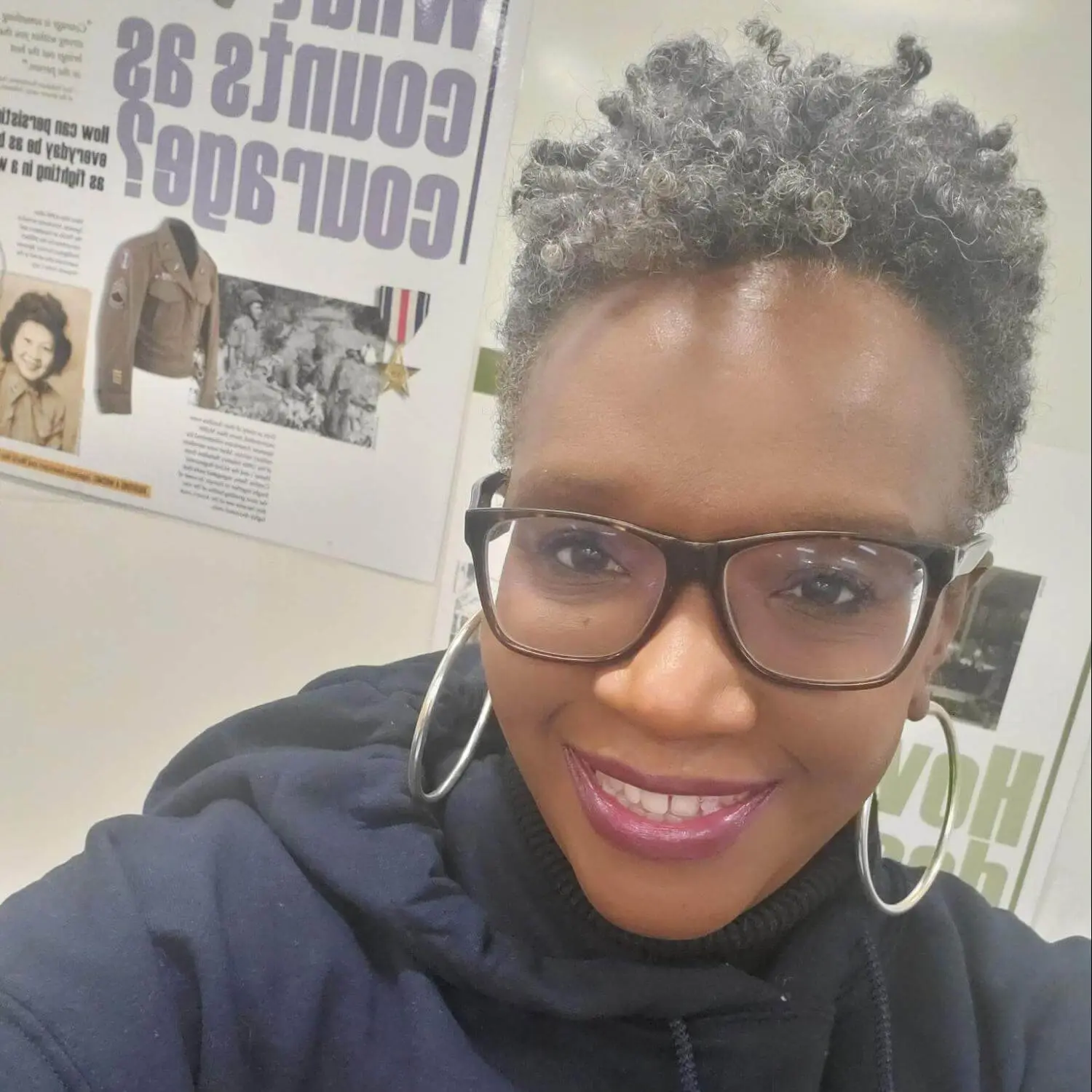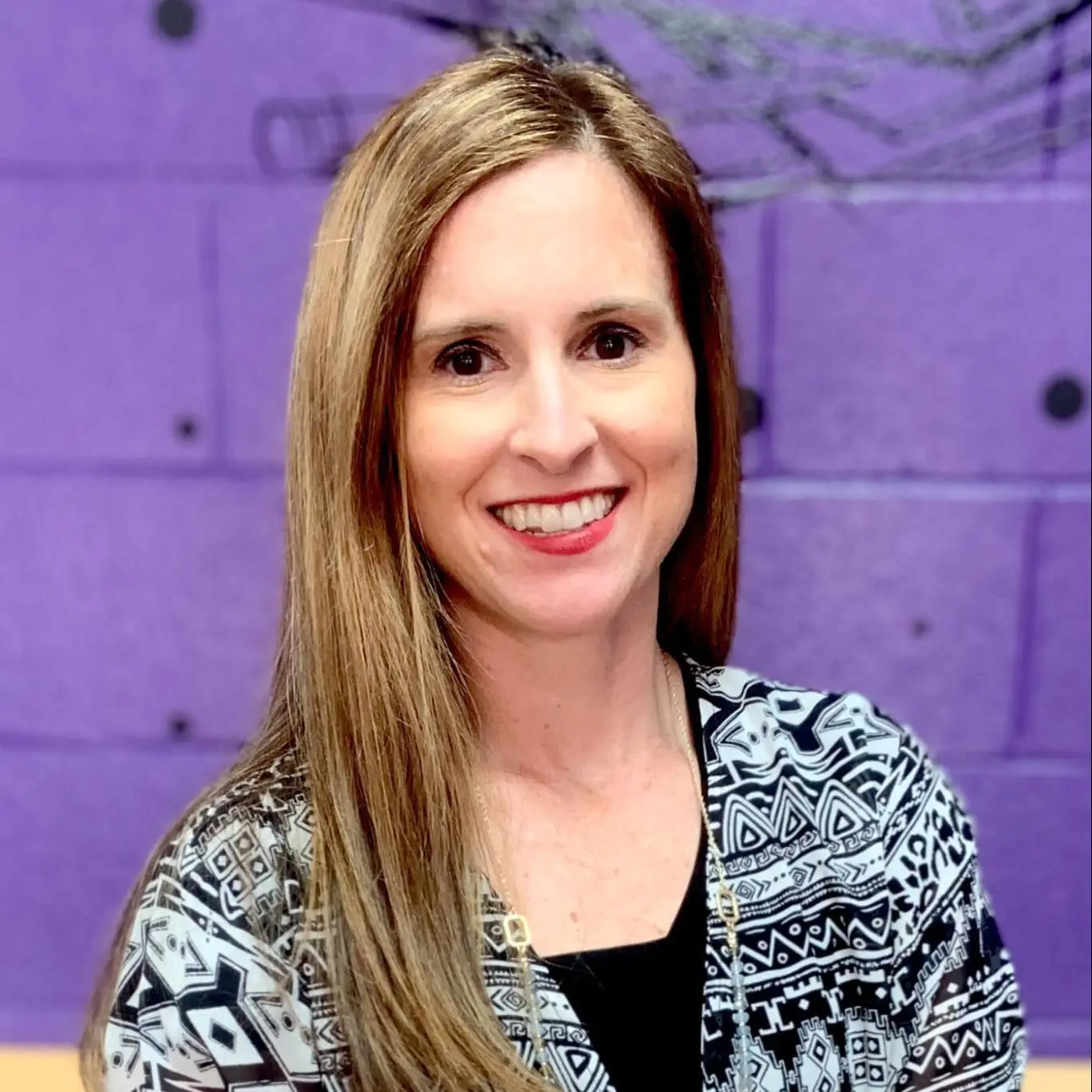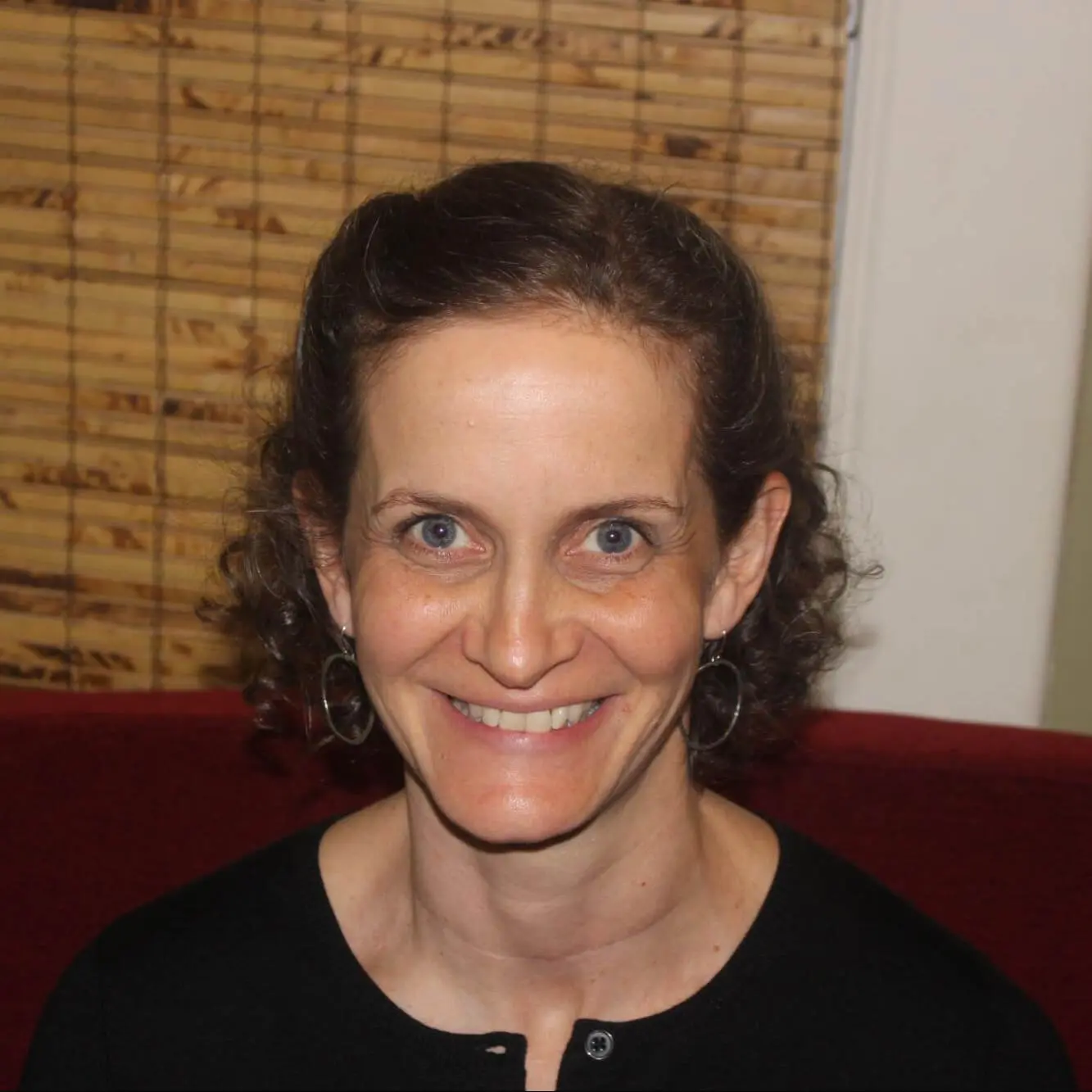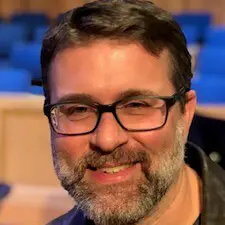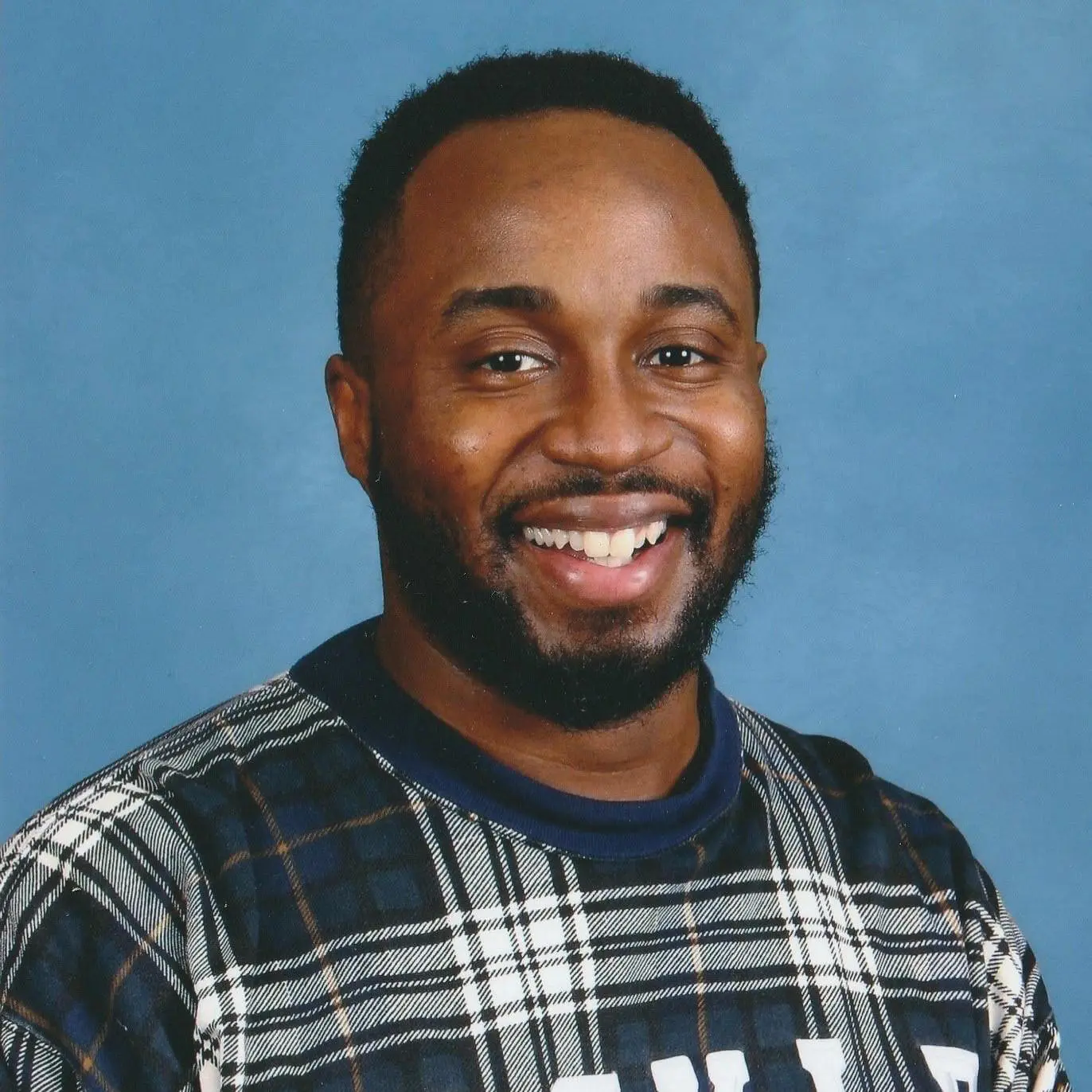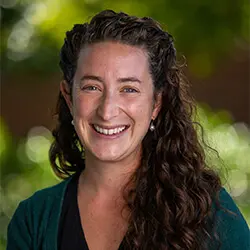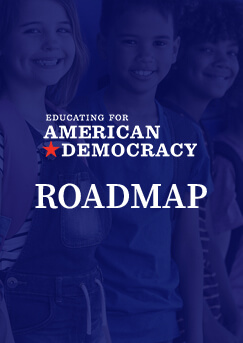As part of the dissemination of the Educating for American Democracy Roadmap, we organized an Educator Task Force (ETF).
Members of the early ETF curated an initial collection of over 500 instructional resources aligned to the seven themes and five design challenges.
In addition to this collection, ETF members recently built robust, diverse, and accessible primary source collections, known as Spotlight Kits, that provide rich avenues for inquiry and that braid U.S. history and civic learning throughout.


